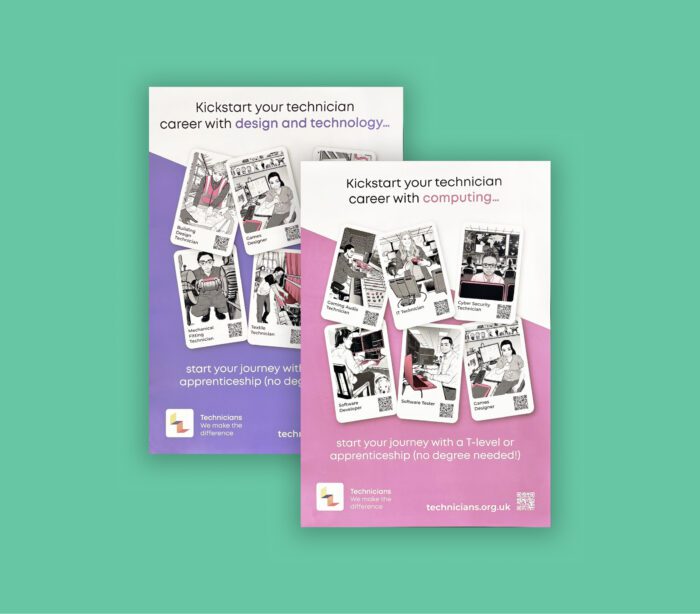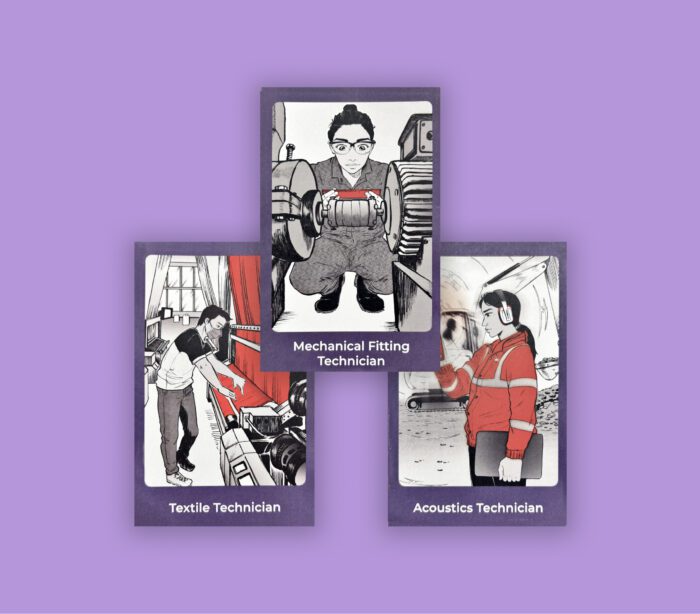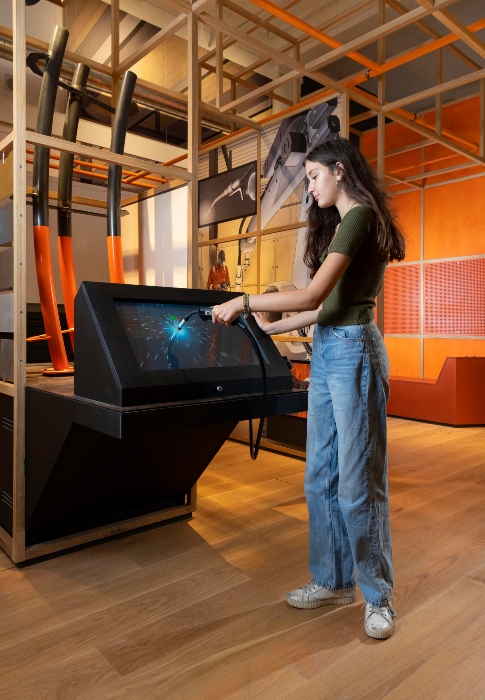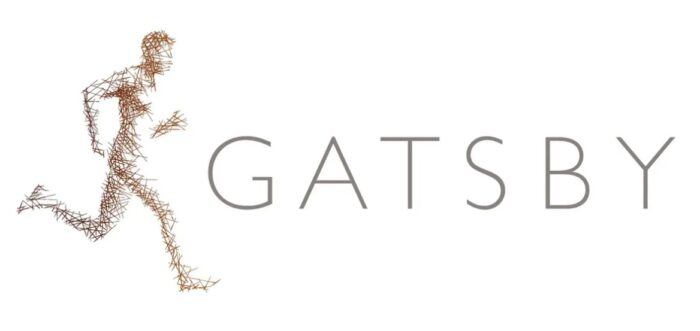A creative task to explore careers with your students
- Understand the requirements of success in technician roles in more detail
- Deep dive into the skills needed for technician roles that match their own interests
- Using the information about their life to start thinking about how their own path might connect to a technician role – questions like “What pathways/qualifications could support success in this career?”
- A stable careers programme
- Learning from career and labour market information
- Addressing the needs of each pupil
- Linking curriculum learning to careers





